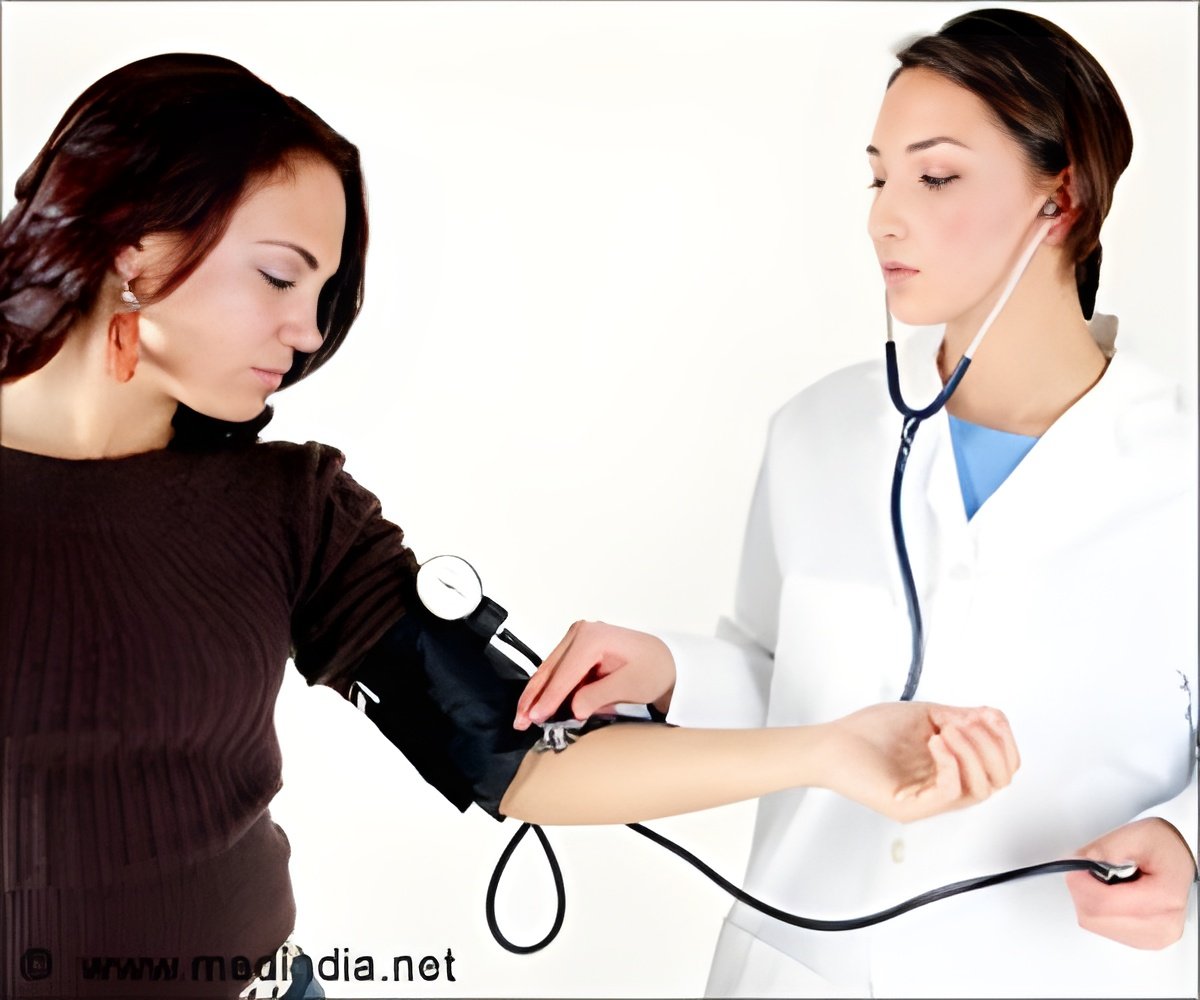
‘Young women are less likely to be informed of their cardiovascular risk by their health care providers.’
Tweet it Now
To better understand this bias, scientists recruited a total of 3,501 patients who had been hospitalized with AMI in either the United States or Spain. In the study, Variation in Recovery: Role of Gender on Outcomes of Young AMI Patients, researchers gathered patients' baseline data.They analyzed sociodemographic factors, including age, sex, self-identified race, and education, as well as "access-to-care factors," such as lack of insurance and having a primary care physician. The results showed that nearly all women and men had at least one of five potential risk factors: diabetes, high cholesterol, hypertension, obesity, and smoking status.
Nearly two-thirds of patients had three or more risk factors. And compared to Spain, these factors were more prevalent in U.S. patients.
Most significantly, scientists found that women were 11% less likely than men to report being told they were at risk for heart disease and 16% less likely than men to report having a doctor discuss heart disease and ways to modify risk.
Advertisement














